Genetic defects in cattle are costing Irish farmers at least €1.7m every year, ICBF research has revealed.
Genes that cause early embryonic death and calf lethal diseases affect both the dairy and beef herd, according to Dr Jennifer McClure, who has studied the gene frequency of 49 unwanted diseases in 58 purebred and crossbred cattle.
Early embryonic death costs the farmer an estimated €200 and the loss of a calf costs €500, and Dr McClure believes that the €1.7m is an “extremely conservative estimate”.
Dairy farmers lose around €1.34m per year due to genetic defects, while beef farmers lose €360,000 annually.
Her research, exhibited at the International Society for Animal Genetics Conference in UCD this week, found that a high proportion of animals in the Holstein, Jersey and Montbeliarde-genotyped animals carry genes that cause early embryonic death.
Identifying those gene carriers can help farmers avoid mating carriers with carriers and so reduce early embryonic death and calf losses. “It’s not about a total ban on breeding the animals that carry these genes, it’s about managing them so that they are not bred to each other,” she told the Irish Farmers Journal. “If we know what animals carry these bad genes, we can manage it and over time, the amount of animals in the herd carrying those bad genes will decrease.”
Good genes
Dr McClure also studied the incidence of so-called good genes that give cows traits that can make farmers more money or save them on costs.
She found that 50% of genotyped Holsteins and 50% of genotyped Limousins carry a gene that makes them more resistant to pink eye, while 66% of genotyped Montbeliardes carry positive genes for more meat on their carcase.
For schemes such as the BDGP, choosing sires from beef breeds that have good milk traits will ultimately help farmers.
Read more
Water belly and deformed limbs lead calf defects
Genetic defects in cattle are costing Irish farmers at least €1.7m every year, ICBF research has revealed.
Genes that cause early embryonic death and calf lethal diseases affect both the dairy and beef herd, according to Dr Jennifer McClure, who has studied the gene frequency of 49 unwanted diseases in 58 purebred and crossbred cattle.
Early embryonic death costs the farmer an estimated €200 and the loss of a calf costs €500, and Dr McClure believes that the €1.7m is an “extremely conservative estimate”.
Dairy farmers lose around €1.34m per year due to genetic defects, while beef farmers lose €360,000 annually.
Her research, exhibited at the International Society for Animal Genetics Conference in UCD this week, found that a high proportion of animals in the Holstein, Jersey and Montbeliarde-genotyped animals carry genes that cause early embryonic death.
Identifying those gene carriers can help farmers avoid mating carriers with carriers and so reduce early embryonic death and calf losses. “It’s not about a total ban on breeding the animals that carry these genes, it’s about managing them so that they are not bred to each other,” she told the Irish Farmers Journal. “If we know what animals carry these bad genes, we can manage it and over time, the amount of animals in the herd carrying those bad genes will decrease.”
Good genes
Dr McClure also studied the incidence of so-called good genes that give cows traits that can make farmers more money or save them on costs.
She found that 50% of genotyped Holsteins and 50% of genotyped Limousins carry a gene that makes them more resistant to pink eye, while 66% of genotyped Montbeliardes carry positive genes for more meat on their carcase.
For schemes such as the BDGP, choosing sires from beef breeds that have good milk traits will ultimately help farmers.
Read more
Water belly and deformed limbs lead calf defects




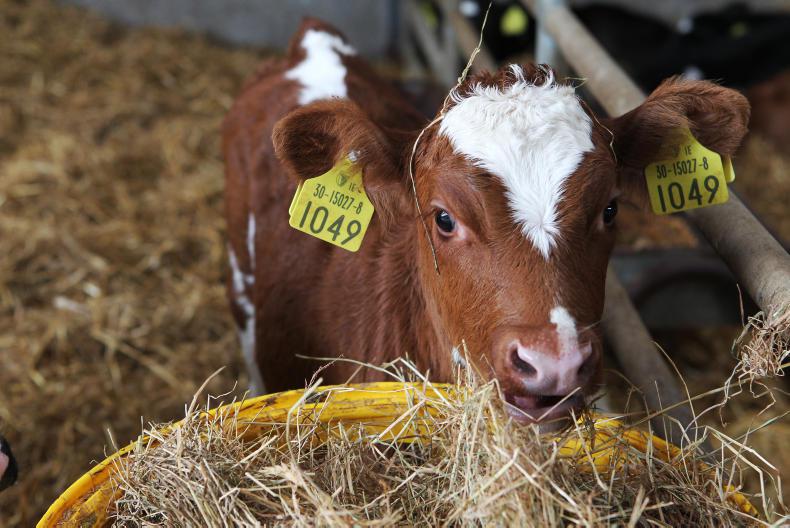
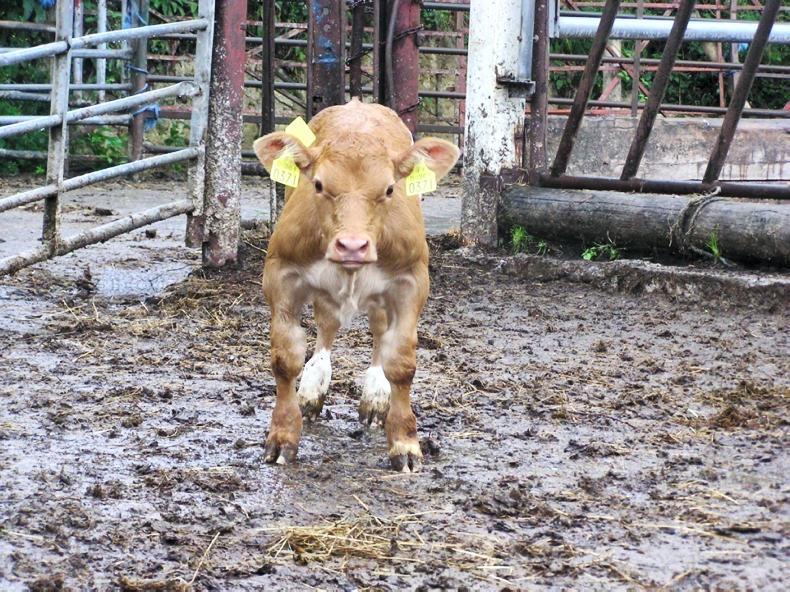

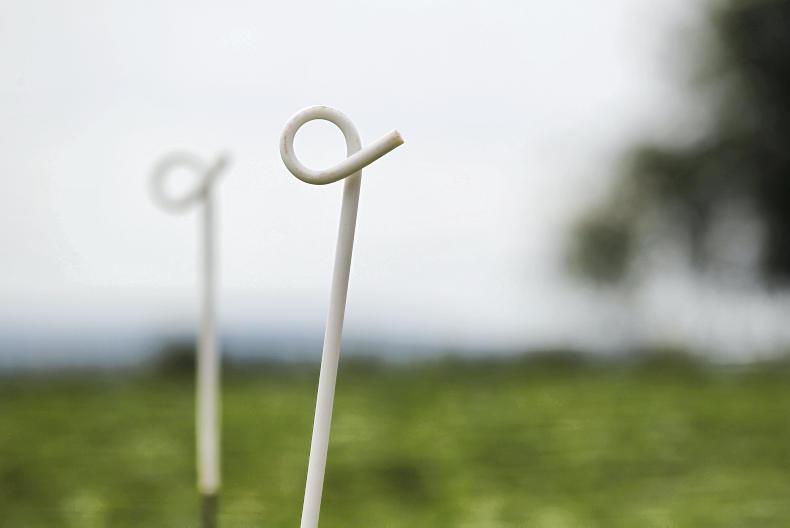
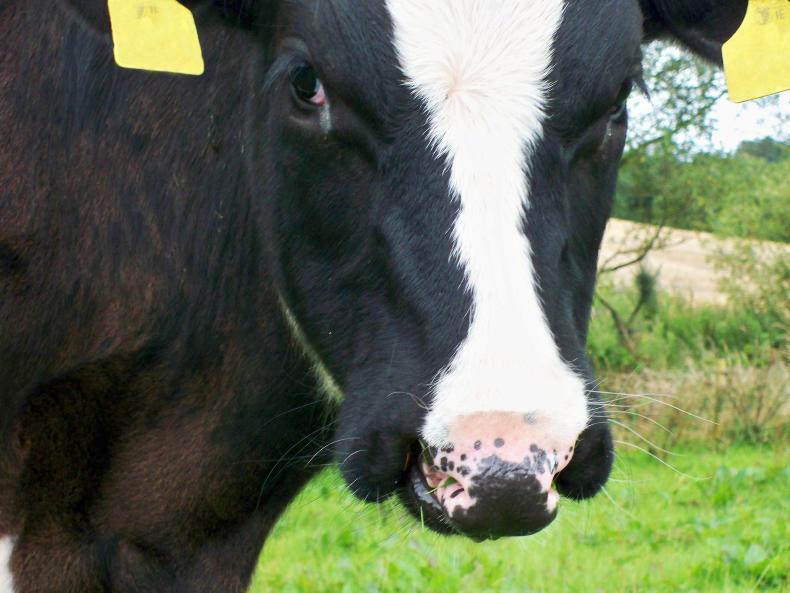
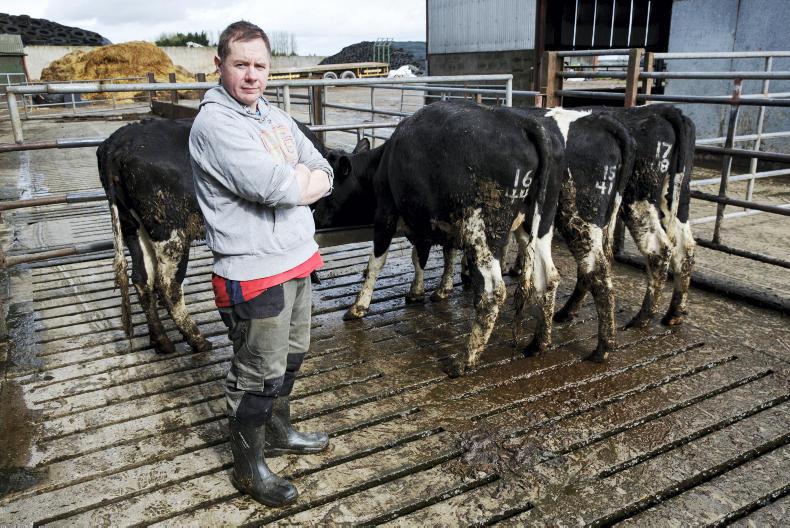
SHARING OPTIONS